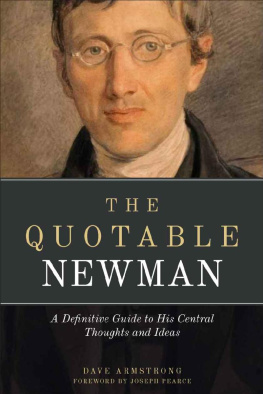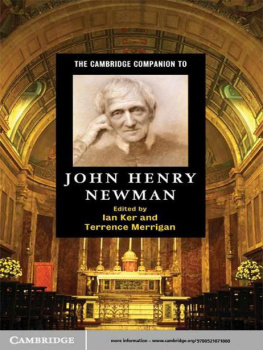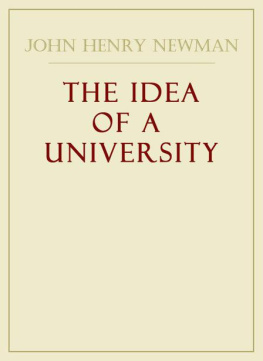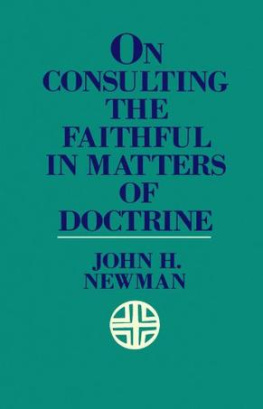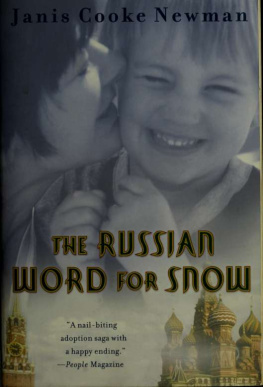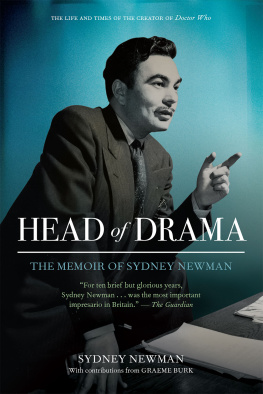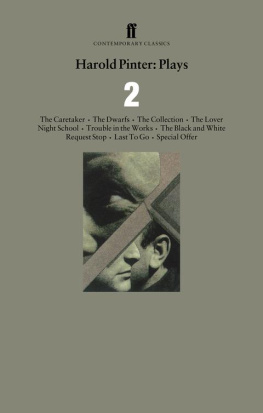EVERY MAN IN HIS HUMOUR
* * *
BEN JONSON

*
Every Man in His Humour
First published in 1598
Epub ISBN 978-1-77667-729-0
Also available:
PDF ISBN 978-1-77667-730-6
2015 The Floating Press and its licensors. All rights reserved.
While every effort has been used to ensure the accuracy and reliability of the information contained in The Floating Press edition of this book, The Floating Press does not assume liability or responsibility for any errors or omissions in this book. The Floating Press does not accept responsibility for loss suffered as a result of reliance upon the accuracy or currency of information contained in this book. Do not use while operating a motor vehicle or heavy equipment. Many suitcases look alike.
Visit www.thefloatingpress.com
Contents
*
Introduction
*
THE greatest of English dramatists except Shakespeare, the firstliterary dictator and poet-laureate, a writer of verse, prose,satire, and criticism who most potently of all the men of his timeaffected the subsequent course of English letters: such was BenJonson, and as such his strong personality assumes an interest tous almost unparalleled, at least in his age.
Ben Jonson came of the stock that was centuries after to give tothe world Thomas Carlyle; for Jonson's grandfather was ofAnnandale, over the Solway, whence he migrated to England.Jonson's father lost his estate under Queen Mary, "having been castinto prison and forfeited." He entered the church, but died amonth before his illustrious son was born, leaving his widow andchild in poverty. Jonson's birthplace was Westminster, and thetime of his birth early in 1573. He was thus nearly ten yearsShakespeare's junior, and less well off, if a trifle better born.But Jonson did not profit even by this slight advantage. Hismother married beneath her, a wright or bricklayer, and Jonson wasfor a time apprenticed to the trade. As a youth he attracted theattention of the famous antiquary, William Camden, then usher atWestminster School, and there the poet laid the solid foundationsof his classical learning. Jonson always held Camden inveneration, acknowledging that to him he owed,
"All that I am in arts, all that I know;"
and dedicating his first dramatic success, "Every Man in HisHumour," to him. It is doubtful whether Jonson ever went to eitheruniversity, though Fuller says that he was "statutably admittedinto St. John's College, Cambridge." He tells us that he took nodegree, but was later "Master of Arts in both the universities, bytheir favour, not his study." When a mere youth Jonson enlisted asa soldier, trailing his pike in Flanders in the protracted wars ofWilliam the Silent against the Spanish. Jonson was a large andraw-boned lad; he became by his own account in time exceedinglybulky. In chat with his friend William Drummond of Hawthornden,Jonson told how "in his service in the Low Countries he had, in theface of both the camps, killed an enemy, and taken opima spoliafrom him;" and how "since his coming to England, being appealed tothe fields, he had killed his adversary which had hurt him in thearm and whose sword was ten inches longer than his." Jonson'sreach may have made up for the lack of his sword; certainly hisprowess lost nothing in the telling. Obviously Jonson was brave,combative, and not averse to talking of himself and his doings.
In 1592, Jonson returned from abroad penniless. Soon after hemarried, almost as early and quite as imprudently as Shakespeare.He told Drummond curtly that "his wife was a shrew, yet honest";for some years he lived apart from her in the household of LordAlbany. Yet two touching epitaphs among Jonson's "Epigrams," "Onmy first daughter," and "On my first son," attest the warmth of thepoet's family affections. The daughter died in infancy, the son ofthe plague; another son grew up to manhood little credit to hisfather whom he survived. We know nothing beyond this of Jonson'sdomestic life.
How soon Jonson drifted into what we now call grandly "thetheatrical profession" we do not know. In 1593, Marlowe made histragic exit from life, and Greene, Shakespeare's other rival on thepopular stage, had preceded Marlowe in an equally miserable deaththe year before. Shakespeare already had the running to himself.Jonson appears first in the employment of Philip Henslowe, theexploiter of several troupes of players, manager, and father-in-lawof the famous actor, Edward Alleyn. From entries in "Henslowe'sDiary," a species of theatrical account book which has been handeddown to us, we know that Jonson was connected with the Admiral'smen; for he borrowed 4 pounds of Henslowe, July 28, 1597, payingback 3s. 9d. on the same day on account of his "share" (in what isnot altogether clear); while later, on December 3, of the sameyear, Henslowe advanced 20s. to him "upon a book which he showedthe plot unto the company which he promised to deliver unto thecompany at Christmas next." In the next August Jonson was incollaboration with Chettle and Porter in a play called "Hot AngerSoon Cold." All this points to an association with Henslowe ofsome duration, as no mere tyro would be thus paid in advance uponmere promise. From allusions in Dekker's play, "Satiromastix," itappears that Jonson, like Shakespeare, began life as an actor, andthat he "ambled in a leather pitch by a play-wagon" taking at onetime the part of Hieronimo in Kyd's famous play, "The SpanishTragedy." By the beginning of 1598, Jonson, though still in needycircumstances, had begun to receive recognition. Francis Meres well known for his "Comparative Discourse of our English Poets withthe Greek, Latin, and Italian Poets," printed in 1598, and for hismention therein of a dozen plays of Shakespeare by title accordsto Ben Jonson a place as one of "our best in tragedy," a matter ofsome surprise, as no known tragedy of Jonson from so early a datehas come down to us. That Jonson was at work on tragedy, however,is proved by the entries in Henslowe of at least three tragedies,now lost, in which he had a hand. These are "Page of Plymouth,""King Robert II. of Scotland," and "Richard Crookback." But all ofthese came later, on his return to Henslowe, and range from August1599 to June 1602.
Returning to the autumn of 1598, an event now happened to sever fora time Jonson's relations with Henslowe. In a letter to Alleyn,dated September 26 of that year, Henslowe writes: "I have lost oneof my company that hurteth me greatly; that is Gabriel [Spencer],for he is slain in Hogsden fields by the hands of Benjamin Jonson,bricklayer." The last word is perhaps Henslowe's thrust at Jonsonin his displeasure rather than a designation of his actualcontinuance at his trade up to this time. It is fair to Jonson toremark however, that his adversary appears to have been a notoriousfire-eater who had shortly before killed one Feeke in a similarsquabble. Duelling was a frequent occurrence of the time amonggentlemen and the nobility; it was an impudent breach of the peaceon the part of a player. This duel is the one which Jonsondescribed years after to Drummond, and for it Jonson was dulyarraigned at Old Bailey, tried, and convicted. He was sent toprison and such goods and chattels as he had "were forfeited." Itis a thought to give one pause that, but for the ancient lawpermitting convicted felons to plead, as it was called, the benefitof clergy, Jonson might have been hanged for this deed. Thecircumstance that the poet could read and write saved him; and hereceived only a brand of the letter "T," for Tyburn, on his leftthumb. While in jail Jonson became a Roman Catholic; but hereturned to the faith of the Church of England a dozen years later.



